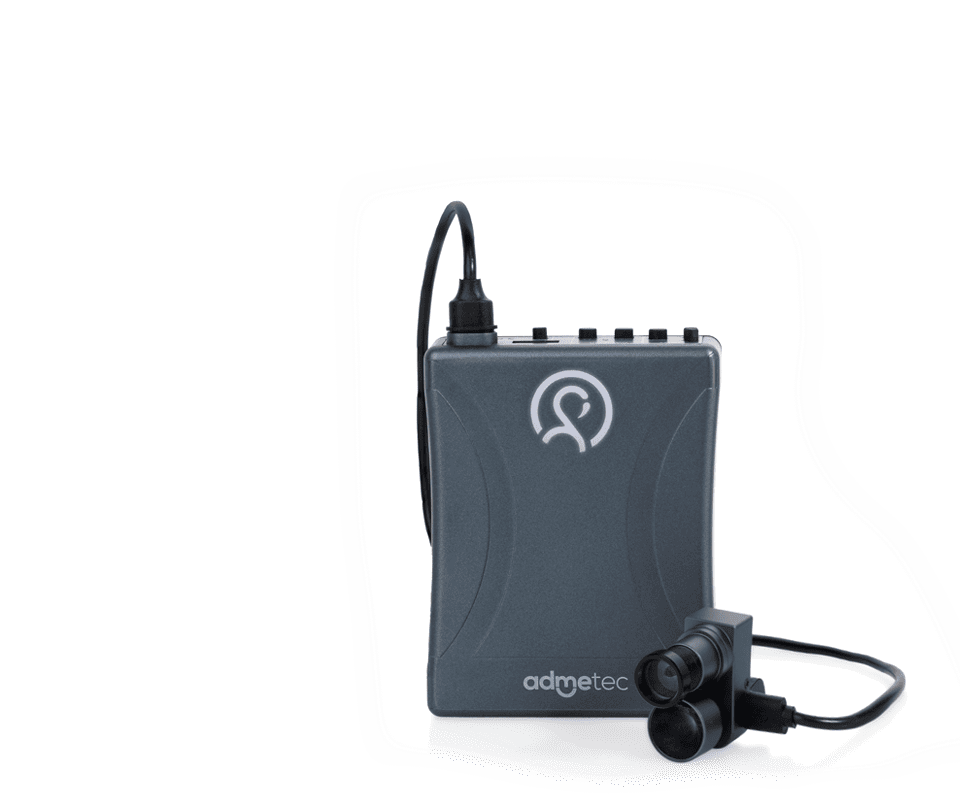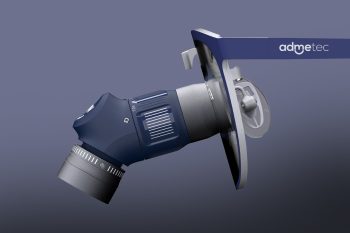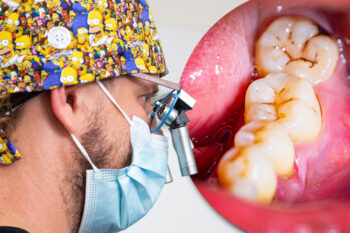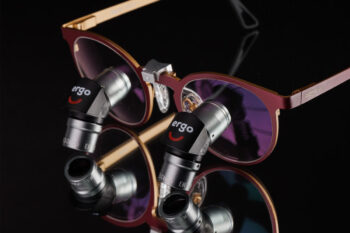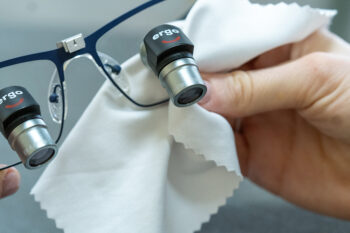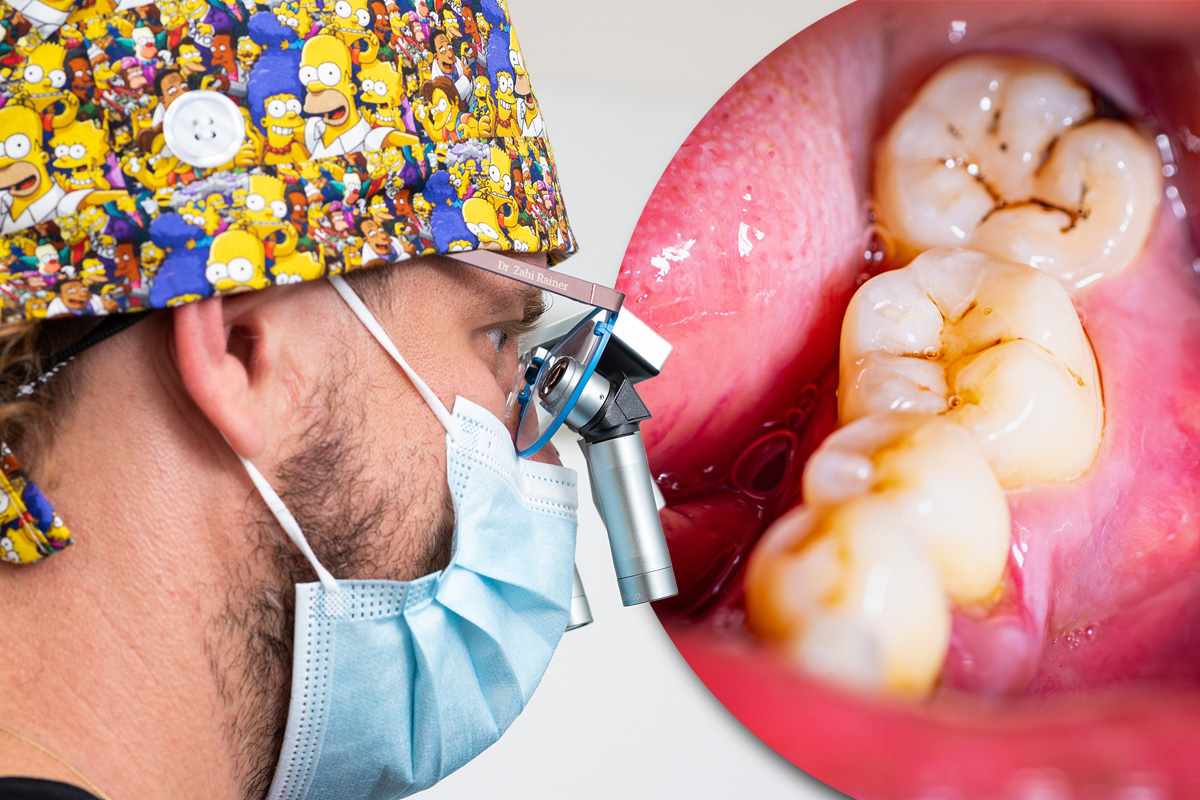
Precision is the cornerstone of modern surgery. Whether in dental, medical, or veterinary fields, accuracy directly influences patient outcomes. Surgical loupes, particularly TTL ergonomic loupes, have become essential tools, allowing surgeons to perform complex procedures with greater accuracy, comfort, and confidence. This article explores the importance of precision in surgery and how the use of loupes improves patient outcomes.
How do surgical loupes enhance precision?
Surgical loupes provide magnification that allows surgeons to see minute details in the surgical field. By enlarging the view, loupes improve visibility and accuracy, enabling surgeons to perform delicate tasks more effectively. TTL ergonomic loupes, which are custom-fitted to the surgeon’s natural line of sight, enhance this precision even further by allowing the surgeon to maintain proper posture and focus without straining.
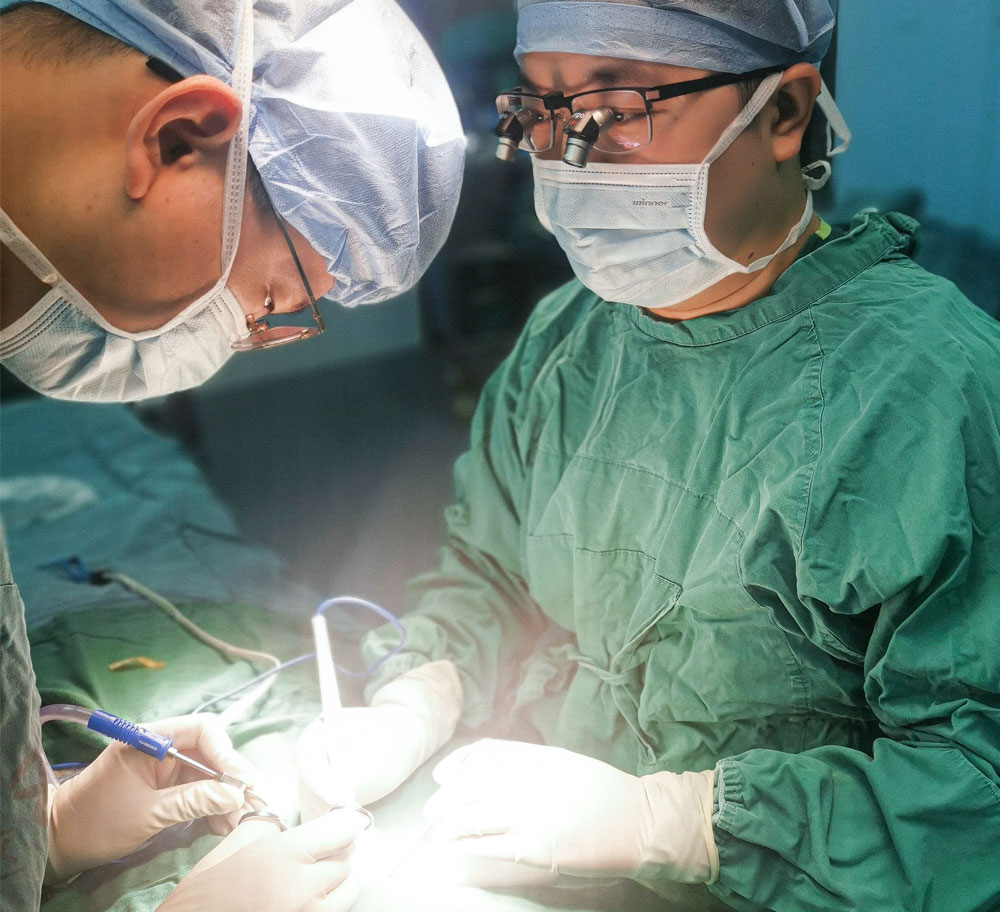
What are the benefits of using ergonomic TTL loupes?
- Reduced Physical Strain: Ergonomic TTL loupes align with the surgeon’s line of sight, reducing neck and back strain. This allows surgeons to maintain a neutral posture, reducing the risk of musculoskeletal issues from long hours in surgery.
- Improved Focus: By minimizing physical discomfort, ergonomic loupes allow surgeons to maintain better focus throughout lengthy procedures, leading to more precise work and fewer errors.
- Enhanced Accuracy: The magnification provided by loupes enables surgeons to see smaller anatomical structures clearly, improving accuracy in suturing, incisions, and tissue manipulation.
How do surgical loupes improve patient outcomes?
The use of surgical loupes has been linked to improved patient outcomes in several ways:
- Fewer Complications: Enhanced visibility allows for more precise incisions and sutures, reducing the likelihood of complications such as excessive bleeding, tissue damage, or infection.
- Shorter Recovery Times: Precise surgical techniques lead to less trauma for patients, resulting in faster healing and recovery times.
- Reduced Procedure Times: With better visibility and accuracy, surgeons can perform procedures more efficiently, reducing the overall time patients spend under anesthesia.
Are surgical loupes used by all surgeons?
Surgical loupes are used across a wide range of disciplines, including:
- Dental Surgeons: Loupes are critical in procedures such as implants, root canals, and cosmetic restorations, where millimeter precision is required.
- Medical Surgeons: From cardiovascular to neurosurgery, loupes are used in procedures where precision is vital to avoid damaging critical structures.
- Veterinary Surgeons: Loupes are also becoming more common in veterinary surgery, where small, delicate procedures require enhanced visibility to improve outcomes.
Why are ergonomic loupes a better choice for surgeons?
Ergonomic loupes are specifically designed to reduce the physical strain that comes with performing long, demanding procedures. By aligning the optics with the surgeon’s natural line of sight, ergonomic loupes prevent awkward neck and back positions, allowing surgeons to focus more on the procedure without the distraction of discomfort. This long-term benefit helps prevent musculoskeletal issues common in medical professionals and extends career longevity.
Can ergonomic loupes prevent surgeon fatigue?
Yes, ergonomic TTL loupes are effective in reducing surgeon fatigue. The ergonomic design minimizes the strain on the neck, shoulders, and back by promoting proper posture. This, in turn, helps surgeons feel more comfortable and focused during long procedures, reducing mental and physical exhaustion.
Conclusion
Precision in surgery directly impacts patient outcomes, and the use of surgical loupes is a proven method to enhance that precision. With the introduction of ergonomic TTL loupes, surgeons can now perform delicate procedures with less physical strain, improved focus, and greater accuracy, leading to better outcomes and faster recovery times for patients. Whether used in dental, medical, or veterinary fields, surgical loupes have become an indispensable tool in modern surgical practice.








